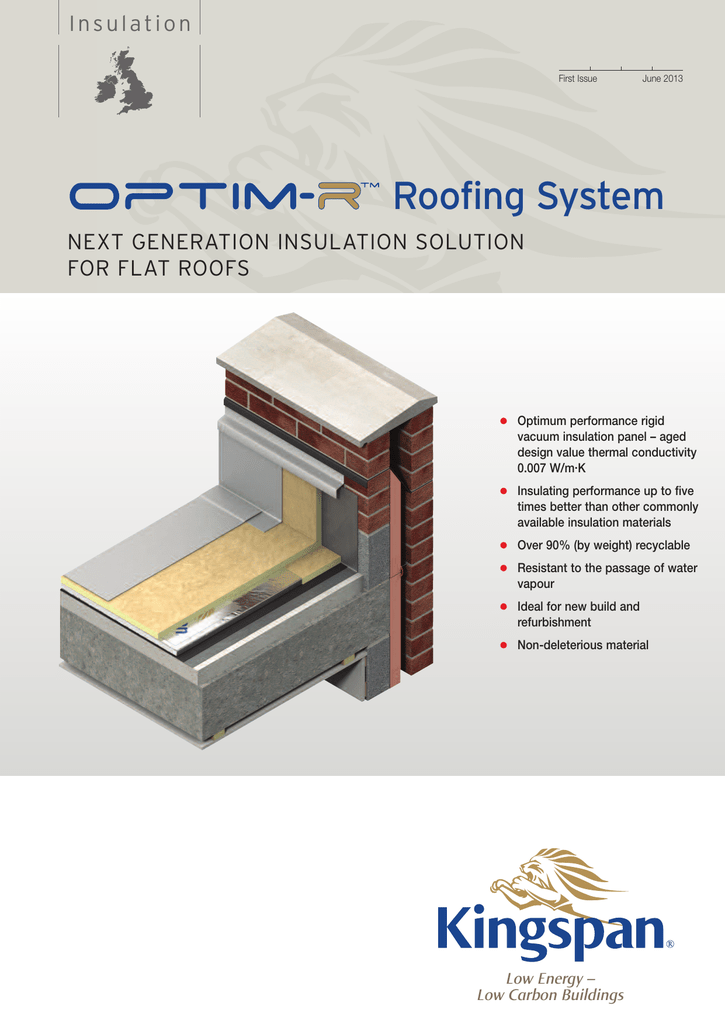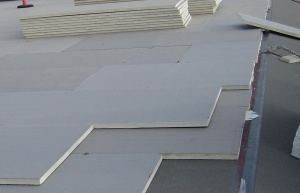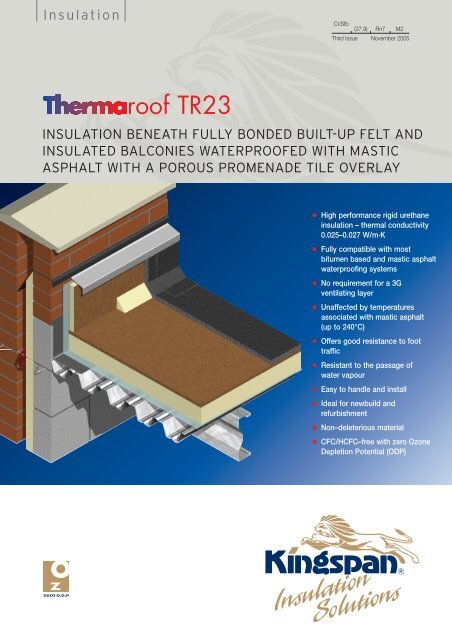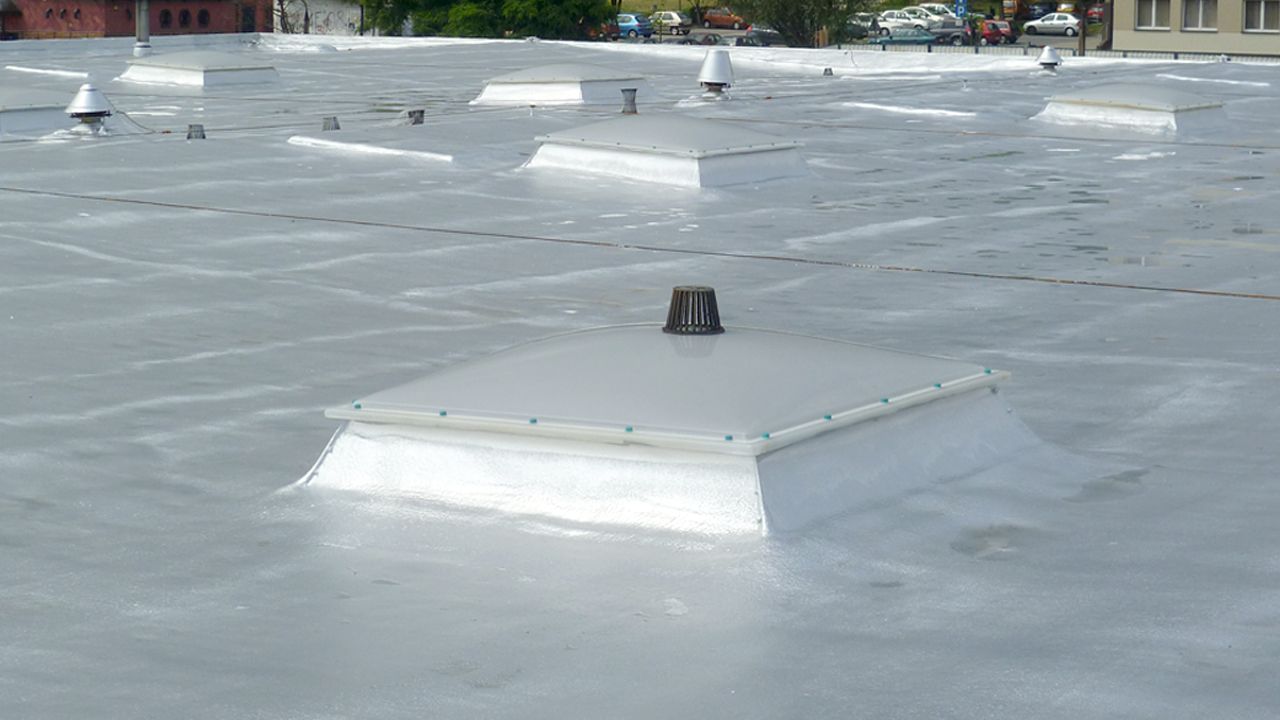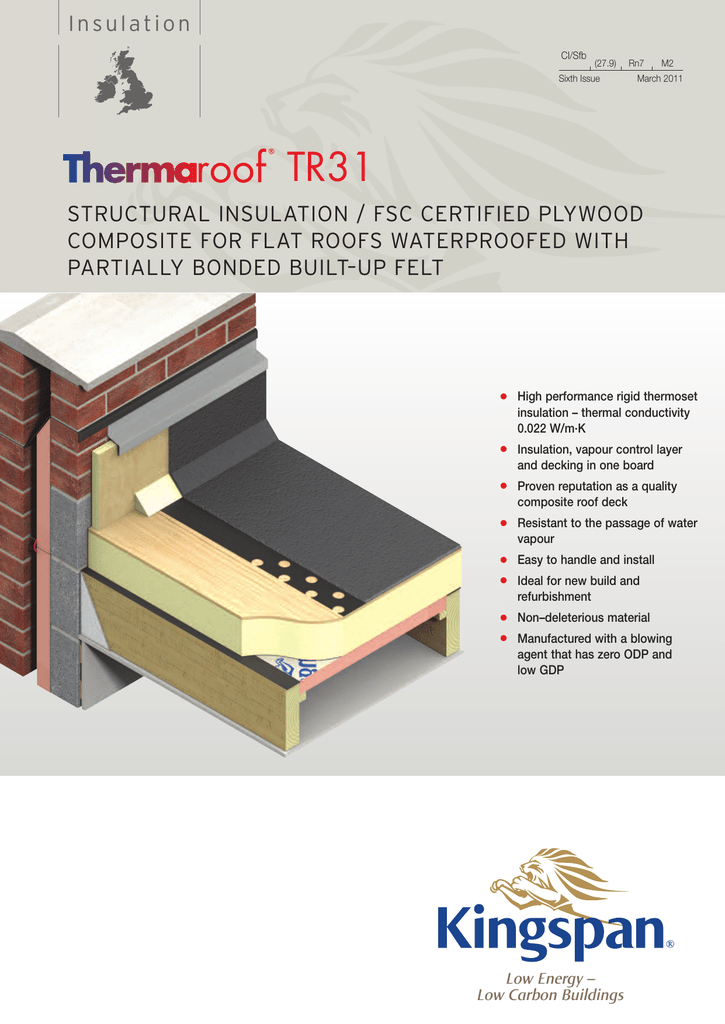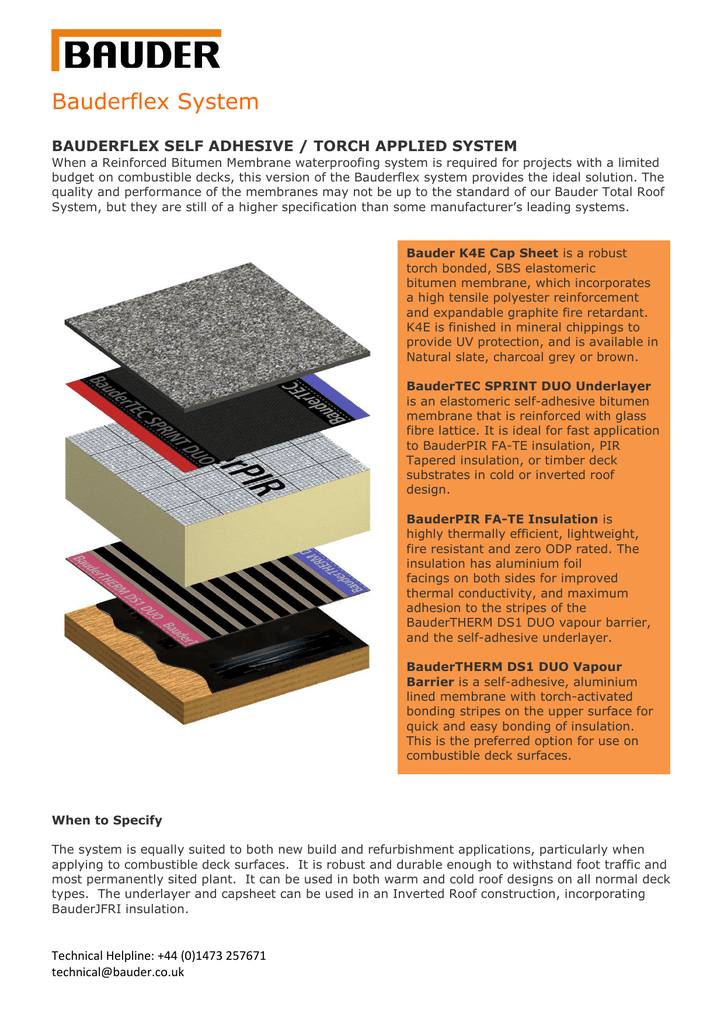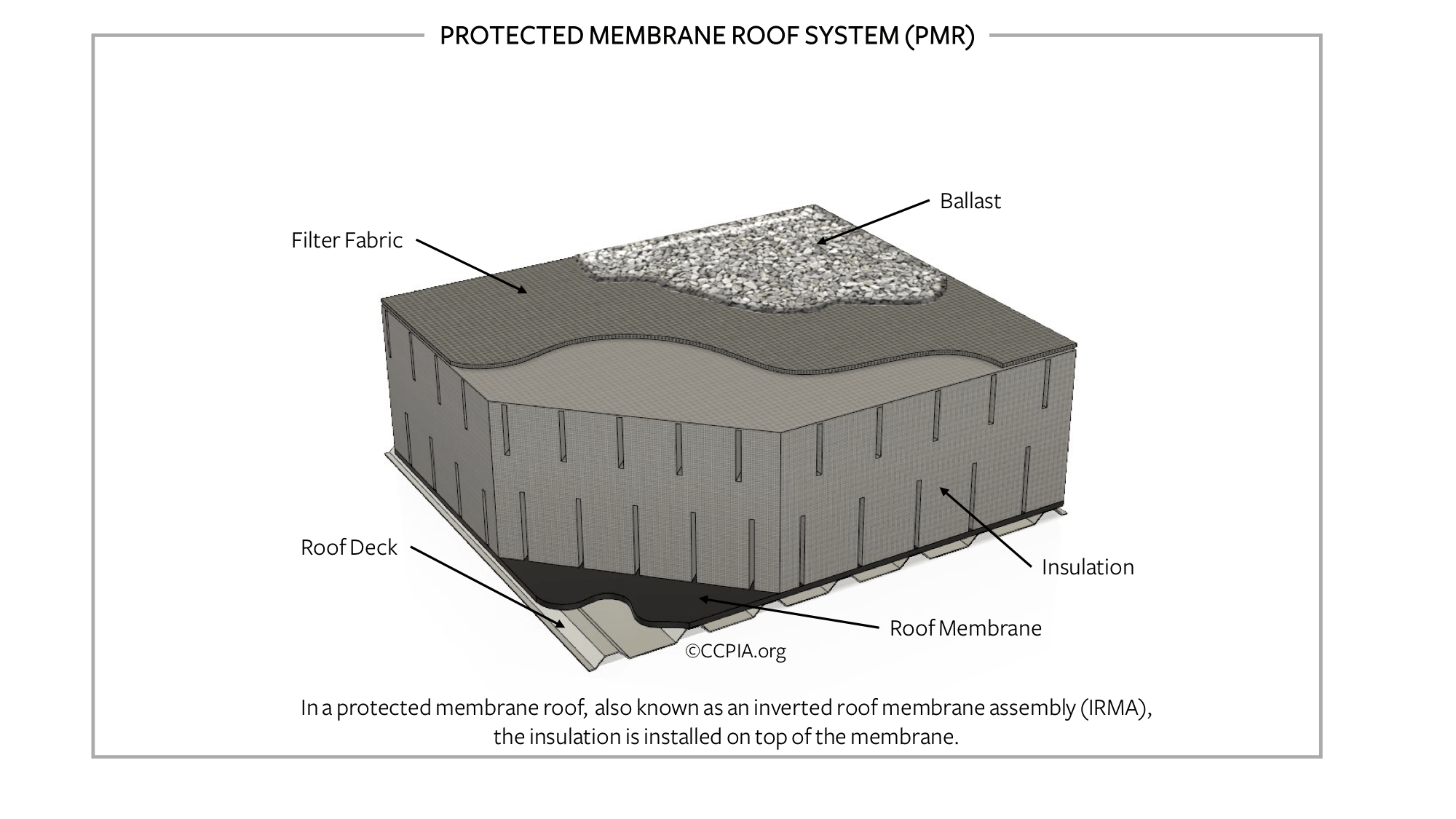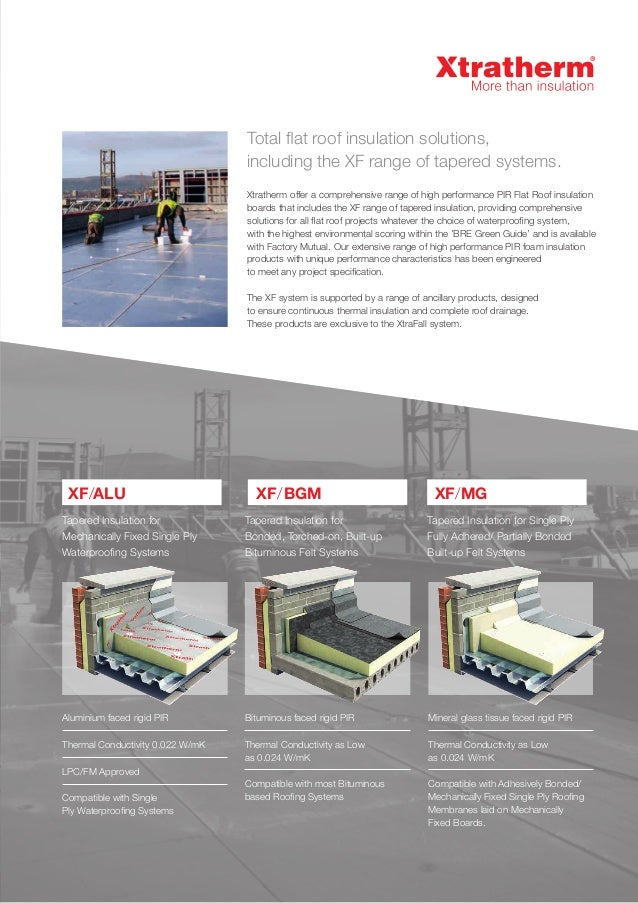The flexible material is stiffer and less soft to the touch in comparison to rayon.
Roofing felt thermal conductivity.
Its main purpose is to prevent moisture from leaking into a roof.
Excellent fire resistance up to over 1000 c most stone wool products are classified as noncombustible.
1 15 w mk 3 density.
The bitumen is produced through the distillation of crude oil.
2 6 mj kg 1 life expectancy.
K btu inch sq ft.
Thermal conductivity of building materials thermal conductivity of building materials.
If the kappafloat is used as the outside pane then values should be obtained from another source.
Thermal conductivity of rayon is lower than pan at temperatures greater than 3272 1800.
C or thermal conductance of these materials is the reciprocal of the r value.
The figures for kappafloat are for viewing the glass from the coated side i e.
2330 kg m 3 3 embodied energy.
Felt bitumen layers 1700kg m3 fibreboard 300 kg m3 glass marble.
Hour degf.
Low thermal conductivity value of 0 038 0 041 w m k.
The standard types of felt are 15 and the more waterproof 30.
Roofing felt also called roofing felt paper is underlayed on roofs before shingles are added.
K is the heat transmitted through a 1 inch thickness of homogenous material per square foot per hour when there is 1 degree of temperature change.
Most roofing membranes have high thermal conductance whatever gets into the membrane gets out just as fast.
Timber roof or floor joists roof tile 1900kg m3 timber blocks 650 kg m3 web of i stud timber.
To counteract this thermal insulation has been a part of roofing systems for many years.
The numbers ihad a correlation to the weight not the thickness.
Thermal conductivity is a material property that describes ability to conduct heat thermal conductivity can be defined as the quantity of heat transmitted through a unit thickness of a material in a direction normal to a surface of unit area due to a unit temperature gradient under steady state conditions.
For heat treat applications our office highly recommends pan carbon felt due to the materials handling ease and reduced price.
Compressive strength in the range of 40 80 kpa which is sufficient for exposed roofing applications.
C is known only when the k the thermal conductivity of a material is known.
The third factor that affects the energy efficiency of the roofing system is the thermal conductance of the roofing materials.


